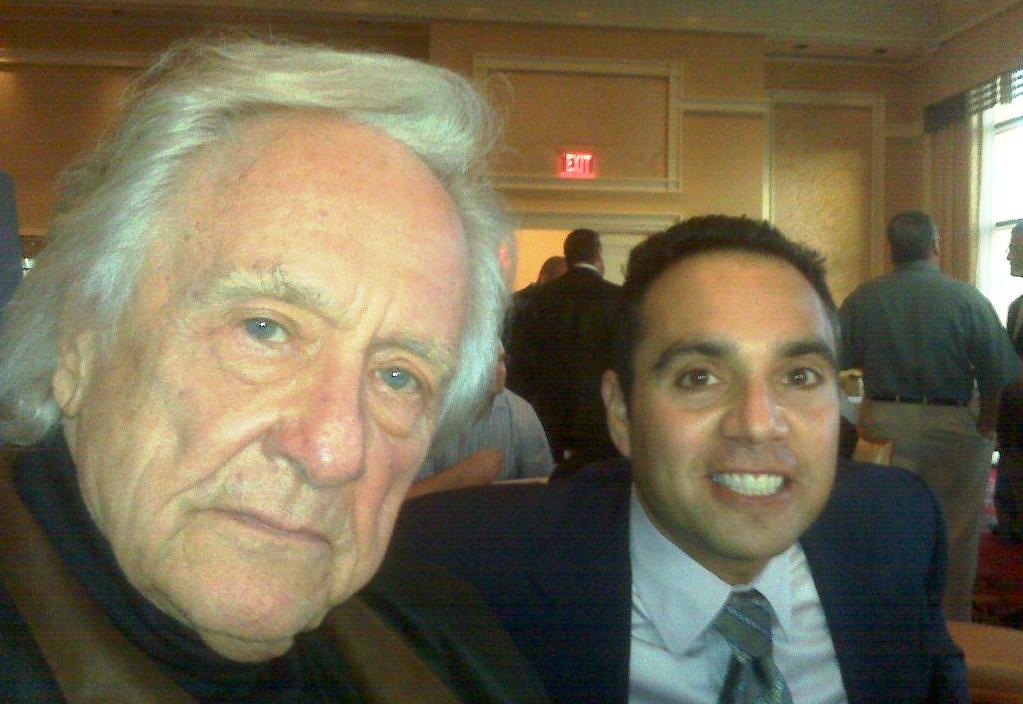In this installment of “How and Why to Change Your Personal Injury Lawyer in Mid Case,” we look at the lawyers themselves. None of us lawyers likes to admit it, but occasionally other lawyers could do a better job serving a particular client in a particular case than we ourselves can.
So let’s start by assuming you fell down and got hurt at a shopping mall and hired a lawyer. Now as a client; you are unhappy or unsure about the lawyer you hired for your personal injury case and are considering changing. Let’s imagine the following:
1. You have hired a lawyer who is in fact licensed to practice law and is familiar and experienced with the laws that pertain to the particular jurisdiction appropriate to your case–for the purposes of our example, we will assume Florida. To clarify, we often represent people who live in other states and countries for incidents that have occurred in other states and sometimes as in cruise ship claims–foreign countries. This is acceptable and permissible under certain circumstances beyond the subject matter of this particular post.
2. Your lawyer is ethical, honest, and likable (at least by you).
3. Most importantly, you trust your lawyer.
If any of the foregoing are untrue, then I believe you should seriously consider changing your lawyer. In an upcoming installment of this series, we will focus on the actual process for changing your lawyer.
Trust is the single most important ingredient in maintaining a healthy and productive attorney-client relationship. As in every relationship, both parties–the attorney and the client–have an obligation to be completely honest with each other. I learned to be completely honest with my clients and to try to be honest with everyone I encounter from my mentor, Gerry L. Spence, and from my wife Dina.
Spence taught me early in my career the greater depth of relationships I could enjoy with clients, judges, and juries if I was able to speak directly from my heart without filtering whether or not the truth would be what I might imagine a client or jury wants to hear. So I explain to my clients from our initial encounter that I will always tell them the truth as I see it, even if it is something that will disappoint, sadden, or enrage them. I ask them to make the same commitment to me: They must share their truth about what I need to know to help them, even if they think it will hurt my impression of them or, more likely, the value of their claim.
As for my wife Dina, I learned that I am not–despite what most people assume since I am an experienced lawyer–a very convincing liar. Many years ago, when I was first married, before I began studying with Spence as a young lawyer, I spoke to Dina. Somehow whatever I was telling her (and it is unimportant now), she knew it was untrue; something in my voice made her know I was lying, and I made a promise that I would try not to lie to her again or at least keep any lies to a minimum. Much like my wife, adjusters, defense lawyers, judges, and juries can also sense when witnesses are not being truthful, and usually a lack of candor comes back to hurt their chances of obtaining the full value of their accident cases.
Verifying whether or not your lawyer is in fact a licensed attorney is much simpler thanks to the internet. In each state a body governs and regulates the practice of law. In Florida, the Florida Bar and the Florida Supreme Court make the rules defining how we lawyers must behave with clients and opposing counsel, advertise our service, and even maintain our trust accounts. That body also provides a portal that allows consumers to verify if their lawyers have a valid license or have been reprimanded, suspended, or even disbarred. I believe that it is important before you Hire a Lawyer (and even if you are currently represented) to take a moment to confirm that your lawyer is in fact admitted to the Florida Bar.
The attorney-client relationship is unique, powerful, and important. If and when a client no longer trusts his or her lawyer, it may be time to consider making a change. In our next installment we will examine how to assess the qualifications and experience level of your attorney.


